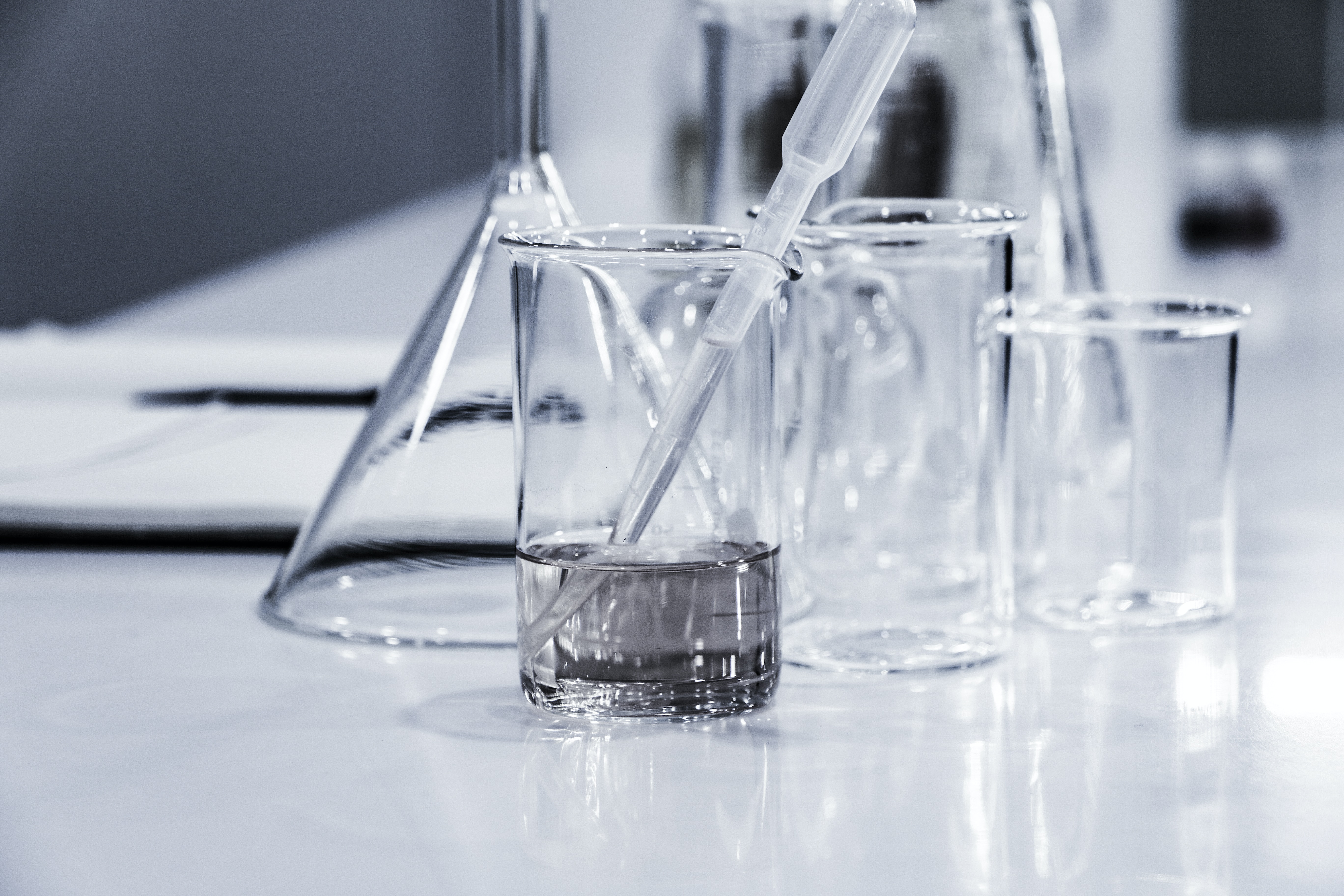You are here :
Research Infrastructure
Mobility funding for research infrastructure training and collaboration at EUTOPIA:
- Open calls for mobility funding provided through EUTOPIA can be found here.
- EMBO-call for mobility funding for core facilities can be found here.
- More local mobility grants are in the overview below.
Research Infrastructure Overview
The Babes-Bolyai University (UBB) owns a large infrastructure platform which comprises modern equipment for advanced imaging in clinical cognitive sciences, life, materials, and environmental sciences, as well as specialized equipment for nanomaterials, proteins and small molecules investigations, experimental infrastructure for energy conversion and a high-performance computing infrastructure proficient at supporting the research groups in a variety of scientific domains such as computer science, physics, chemistry, biology, mathematics, geography, meteorology, communication science and business/economics. To facilitate the access of UBB community members as well as external partners from academia, industry and business environment to the major infrastructure, the link for core facilities is listed here: https://research.ubbcluj.ro/infrastructure/#
At the Vrije Universiteit Brussel (VUB), nine core facilities and infrastructure platforms have thus far been successfully established, where high-tech equipment and expertise are made available to the entire VUB community and beyond. From statistical-methodological support over microscopy and cell sorters to a cleanroom for microfluidics and much more - researchers can find it all in our core facilities. An overview can be found on the following webpage: https://www.vub.be/en/our-research/our-vision-and-mission/optimal-research-environment/core-facilities-and-infrastructure-platforms.
Local funding opportunities for research mobility at VUB: Incoming: Grant for a scientific stay in Flanders / Outgoing: Outgoing mobility
CY Cergy-Paris University’s Open Innovation Labs are tools that can create links between research know-how and society’s needs. These networks of advanced equipment dedicated to a particular field of application open the door for transferring equipment and know-how from laboratories to companies for R&D purposes and are places for experimentation and discussion around new practices. https://www.cyu.fr/open-labs-3.
TU Dresden bundles its research infrastructures in technology platforms, providing a wide range of modern scientific equipment and services. In addition, the TUD Dresden forms with Dresden’s non-university research and cultural institutions, the DRESDEN-Concept Science and Innovation Campus. Within that research alliance, the Dresden Technology Portal was implemented, which provides researchers of the partner institutions of DRESDEN-Concept and external interested parties with a central overview and direct access to the existing research infrastructure: https://tu-dresden.de/forschung-transfer/services-fuer-forschende/technologieplattformen
The University of Gothenburg (GU) has established university-wide infrastructures. At GU, the medical infrastructures are grouped within the Core Facilities, and the Marine infrastructure consists of two marine laboratories and a large research vessel Skagerak. There are also unique databases for languages and democracy open to the public. An overview of the university-wide infrastructures and national research infrastructure can be found on this website https://www.gu.se/en/research/research-infrastructure.
The University of Ljubljana (UL) provides infrastructural support to researchers via the infrastructure program of the University of Ljubljana »Network of Research and Infrastructural Centers UL (MRIC UL)«, which includes 34 infrastructural centres at 13 UL member faculties, which are also involved in international infrastructure projects of the European Strategy Forum on Research Infrastructures (ESFRI). All infrastructure is open to the research community at UL and outside UL. All information is available at: https://www.uni-lj.si/research_and_development/research_infrastructure/
The NOVA University Lisbon has a wide variety of research infrastructures (https://www.unl.pt/en/research/research) distributed among the different academic units (schools), which support the scientific, technological and artistic research carried out by its researchers and professors. NOVA is part of some of the national and internationally renowned research infrastructures, such as:
- PTNMR (Portuguese Nuclear Magnetic Resonance Network)
- ROSSIO (Social Sciences, Arts and Humanities)
- Datalab (Social Sciences Datalab)
- VIASEF (in vivo Arthropod Security Facility): https://www.ihmt.unl.pt/viasef-in-vivo-arthropod-security-facility-infraestrutura-de-alta-seguranca/
- PtCRIN (Portuguese Clinical Research Infrastructure Network): https://www.nms.unl.pt/en-us/research/associated-labs/ptcrin
The Pompeu Fabra University-Barcelona (UPF) has five cutting-edge Core Facilities in the Barcelona Biomedical Research Park (PRBB) offering the latest technologies in their fields. The Genomics, Peptide Synthesis and Scientific Information Technologies Core Facilities are run directly by the UPF Medicine and Life Sciences Department (MELIS). At the same time, the Proteomics and Flow Cytometry facilities are jointly managed by the Center for Genomic Regulation (CRG). The UPF also has access to other facilities belonging to the rest of the institutions in the PRBB. All core facilities are open to the whole PRBB community and beyond. All information is available at: https://www.upf.edu/web/sct.
Local funding opportunities for research mobility: https://www.upf.edu/web/sct/job-offers
The University of Warwick’s Research Technology Platforms provides an integrated network of world-class technologies needed to carry out outstanding science. We have 12 RTPs, ranging from electron microscopy to bioinformatics. Our facilities are available both for Warwick researchers and for external partners from industry and academia.
The CSA (Service Center for University Scientific Instruments) at UNIVE is the Center for the acquisition, management and enhancement of Ca' Foscari's scientific equipment pool. The CSA competes, also with hypotheses of collaboration with public and private partnerships, for the acquisition of funds specifically dedicated to highly complex, innovative and multidisciplinary equipment. Furthermore, it designs and manages technological platforms available to internal and external users of the university, capable of integrating different skills and producing highly qualified research and services in favor of the territory. Public and private entities can access the center's services and request the availability of instruments to improve materials, products, systems, their performance and competitiveness. https://www.unive.it/pag/33662



